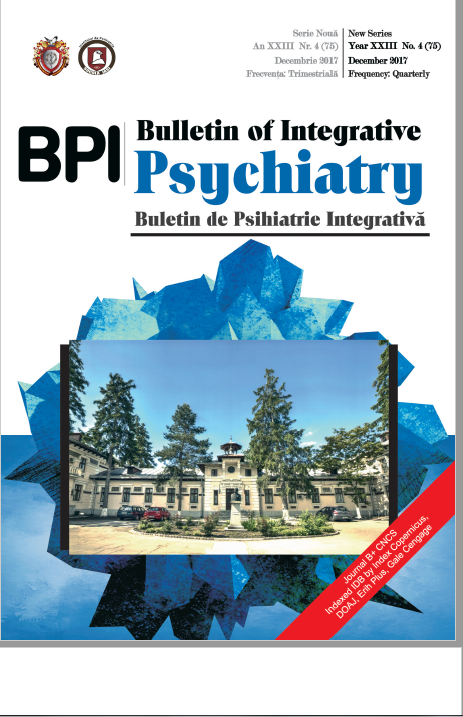Theoretical and legislative criteria for translating patient-centered medicine into differentiated practical contexts
Theoretical and legislative criteria for translating patient-centered medicine into differentiated practical contexts
Author(s): Laurențiu Butureanu, George NIȚĂSubject(s): Health and medicine and law, Socio-Economic Research
Published by: Editura Sedcom Libris Iasi
Keywords: patient-centered medicine; doctor-patient communication; relationship-centered care; person-focused care; responsibility;
Summary/Abstract: Objectives - Patient-Centered medicine (PCM), approach that enables chronic patients to play an active role in their condition management, first introduced in 2006 in the US, has led in recent years to a major transformation of health care systems. In this article, we will try, theoretically, to find out which of the foundations of PCM, referred to as the Common Principles of Patient-Centered Medicine, can not only be put into practice but also embraced in other socioeconomic contexts. Method - Interdisciplinary and comparative analysis of the different ways of designing quality health services followed by an objective and critical assessment of what are the real chances that core principles and practices of PCMs to be implemented in other socioeconomic and cultural contexts. - Results/Conclusions Considering the difficulties that health systems can encounter in the transition from one paradigm to another, this article highlights a series of practical and legislative elements the policy makers should take into account when adapting the PCM principles to well-defined contexts in order to increase the quality of health services, to make the system more efficient and to capitalize on resources and lower costs.
Journal: Buletin de Psihiatrie Integrativa
- Issue Year: 75/2017
- Issue No: 4
- Page Range: 59-68
- Page Count: 10
- Language: English

